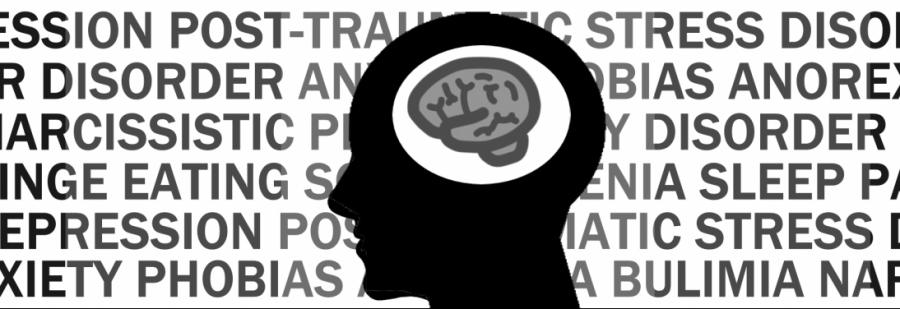Editorial: Tackling mental health at Los Altos
November 8, 2019
In wake of the student suicide at Mountain View High School (MVHS) last month, Los Altos administrators promoted our mental health and wellness resources to help the community cope with the incident. Their response was admirable: not only was it rapid and comprehensive, but it proved that the school stands by its students even beyond the classroom.
The day the news broke, Los Altos’s four part-time intern Community Health Awareness Council (CHAC) counselors were sent to MVHS to provide extra support for affected students, families and faculty. Los Altos administrators doubled down on student well-being as well, asking all teachers to have candid discussions with their third period classes rather than let rumors circulate. For the next few weeks, the daily announcements included messages of encouragement from Principal Wynne Satterwhite and emphatic reminders for students to seek help via the school’s referral system and on-site therapy.
This exceptional effort on part of the administration no doubt proves that the school cares about mental health, and the thoroughness of our current wellness resources shows this as well. Students can refer themselves or others to the school’s on-site therapy program run by a total of nine district-contracted therapists, at least four of which are always present on campus. On top of that, the school also hosts outside activities and programs that promote mental health such as the annual Challenge Day event for freshmen and the Student Community Leadership (SCL) elective class, which is dedicated solely to improving overall school wellness.
The seriousness with which we approach mental health isn’t necessarily shared across all schools in the Bay Area—or around the country, for that matter—so it’s important not to take this for granted. But while it’s true that our school holds its wellness resources in high regard, there’s definitely still an unaddressed stigma surrounding mental health among students. Simply presenting helpful resources isn’t enough to combat persisting mental health stereotypes, and the administration should make an even greater effort to promote school-wide participation in wellness activities.
Despite our solid, personalized mental health programs, many students still don’t receive the help they need because they either don’t recognize when it’s time to get it or don’t believe that their issue is “big enough” to merit countermeasures. Those who do attempt to enroll in full-time therapy also aren’t guaranteed to be seen immediately, as it’s impossible to accommodate everyone without relegating some to waitlists. Wait times are hard to predict but can be anywhere from a few days to several weeks since full-time therapy averages 12 weeks for most students.
Inspiration for change could possibly come from nearby high schools that have implemented a variety of unique mental health programs to supplement school-provided therapy. At Gunn High School, student groups like “Rock” and “Sources of Strength” regularly gather to provide encouraging advice to struggling members. Castilleja School also trains interested students in basic therapy skills to provide counseling to their peers, while Palo Alto High School encourages students to regularly chat with their counselors over cups of hot cocoa.
In addition to existing optional counseling then, Los Altos could integrate mandatory therapy-wellness sessions for all grades into the school schedule. This could also be supplemented with student support groups that regularly meet during or after school, which would encourage mental health dialogue not just with professionals but between peers as well. More therapists would need to be hired to match the sheer volume of students, but this shouldn’t be a large problem given that the series of campus renovations is set to include a new Wellness Center. This building certainly won’t be finished for a while, but in no way should this be an excuse to put off improvements to our approach to mental health.
Regardless of the kinks in the current system, however, there’s no doubt that the administration cares about campus well-being, and The Talon appreciates every effort they make to promote good mental health.



